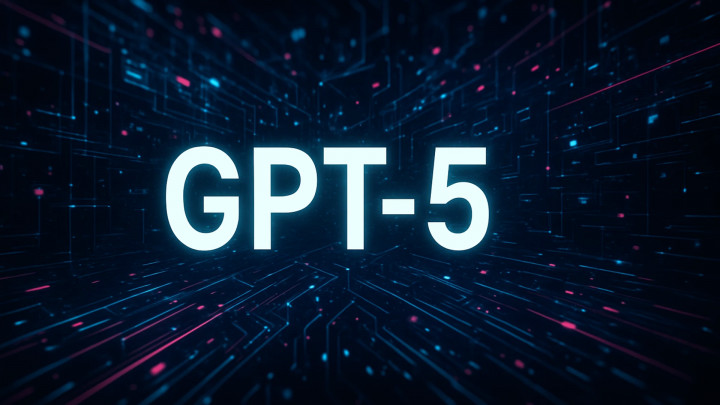Trillions for AI Chips? OpenAI CEO's Audacious Plan to Reshape Global Semiconductor Production
In a move that redefines ambition, OpenAI CEO Sam Altman is reportedly pursuing what could be the largest fundraising effort in history: seeking a staggering $5 to $7 trillion. This unprecedented sum aims to radically reshape the global semiconductor landscape and secure the vast chip capacity needed to power future artificial intelligence advancements.

plications. This strategy directly addresses the current, significant bottleneck caused by shortages of Graphics Processing Units (GPUs) – the workhorse hardware crucial for training and running large AI models like OpenAI's own ChatGPT.
The sheer scale of the proposed $5-7 trillion figure has been met with considerable skepticism, as it vastly exceeds current industry norms. For context, the entire global semiconductor market revenue is around $500-600 billion annually, and the market capitalization of the world's largest companies (like Apple or Microsoft) hovers around $3 trillion. Altman's target sum represents a significant fraction of global GDP (roughly $100 trillion+). This astronomical figure underscores the perceived computational demands of future AI, particularly the pursuit of Artificial General Intelligence (AGI), which would require computing infrastructure far beyond today's capabilities.
Altman's vision reportedly involves facilitating the construction of dozens of new, state-of-the-art chip fabrication plants (fabs) over the coming years. The plan envisions a complex consortium involving OpenAI, major investors, existing chip manufacturers, and potentially energy providers. These fabs would likely be operated by established industry leaders with the necessary expertise, such as the Taiwan Semiconductor Manufacturing Company (TSMC).
TSMC is the world's largest contract chip manufacturer, a critical partner for fabless semiconductor companies. Tech giants like Nvidia, Apple, AMD, and many others rely heavily on TSMC to produce their most advanced System-on-Chips (SoCs), CPUs, and GPUs.
The magnitude of this proposed funding dwarfs even significant government initiatives aimed at bolstering domestic chip production. For example, the US CHIPS and Science Act allocated around $52 billion for semiconductor manufacturing incentives and research – a substantial sum, yet orders of magnitude smaller than what Altman is reportedly seeking. Altman's proposal aims to create a resilient and vastly expanded supply chain capable of meeting the exponentially growing demands of AI infrastructure.
While the project is understood to be in the early stages, and securing commitments of this scale faces immense hurdles – financial, logistical, geopolitical, and technical – the initiative itself highlights the intense global focus on AI's potential and the strategic criticality of semiconductor manufacturing. If even partially successful, Altman's endeavor could fundamentally alter the chip and AI industries, potentially alleviating hardware constraints and accelerating the development of advanced AI technologies.





